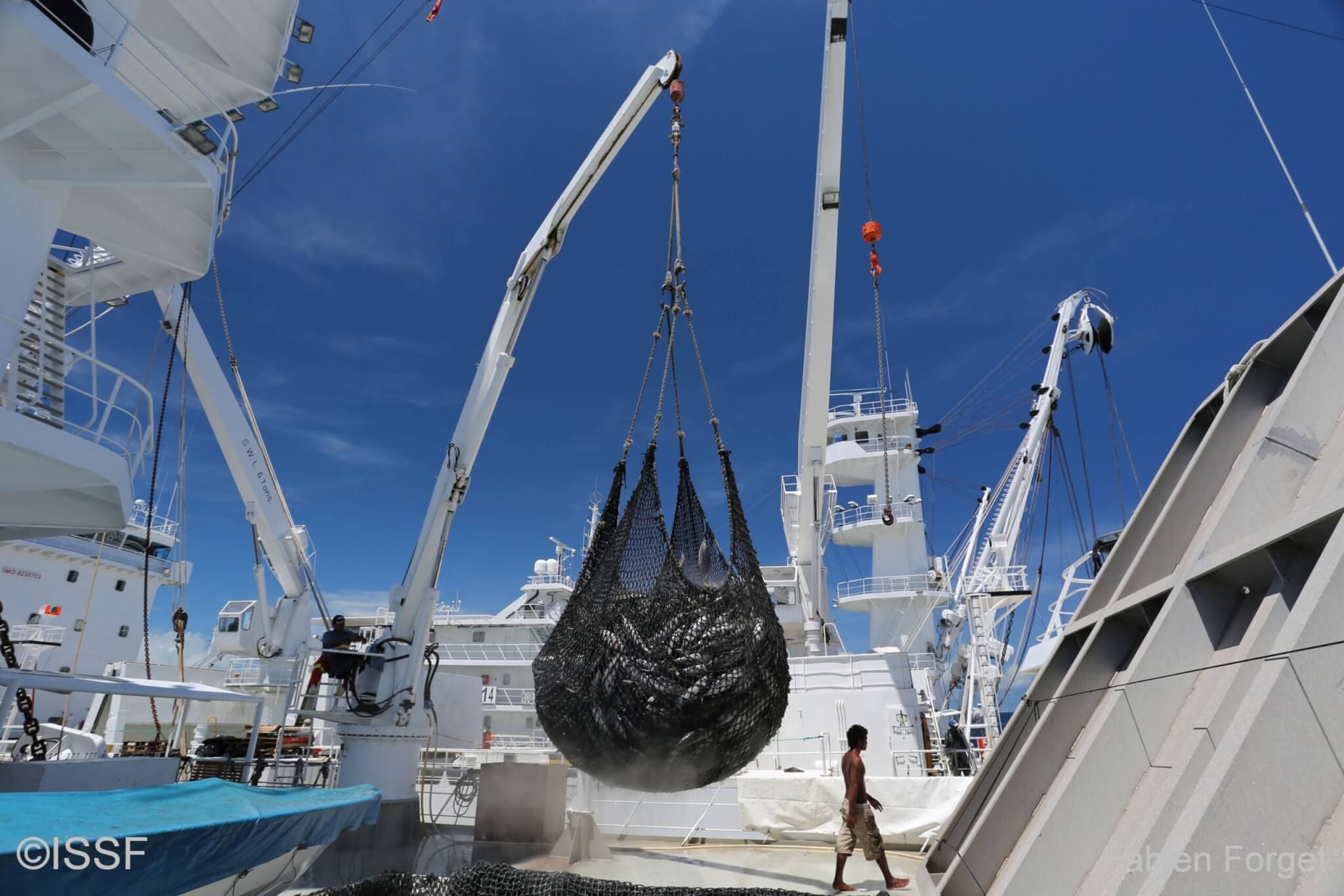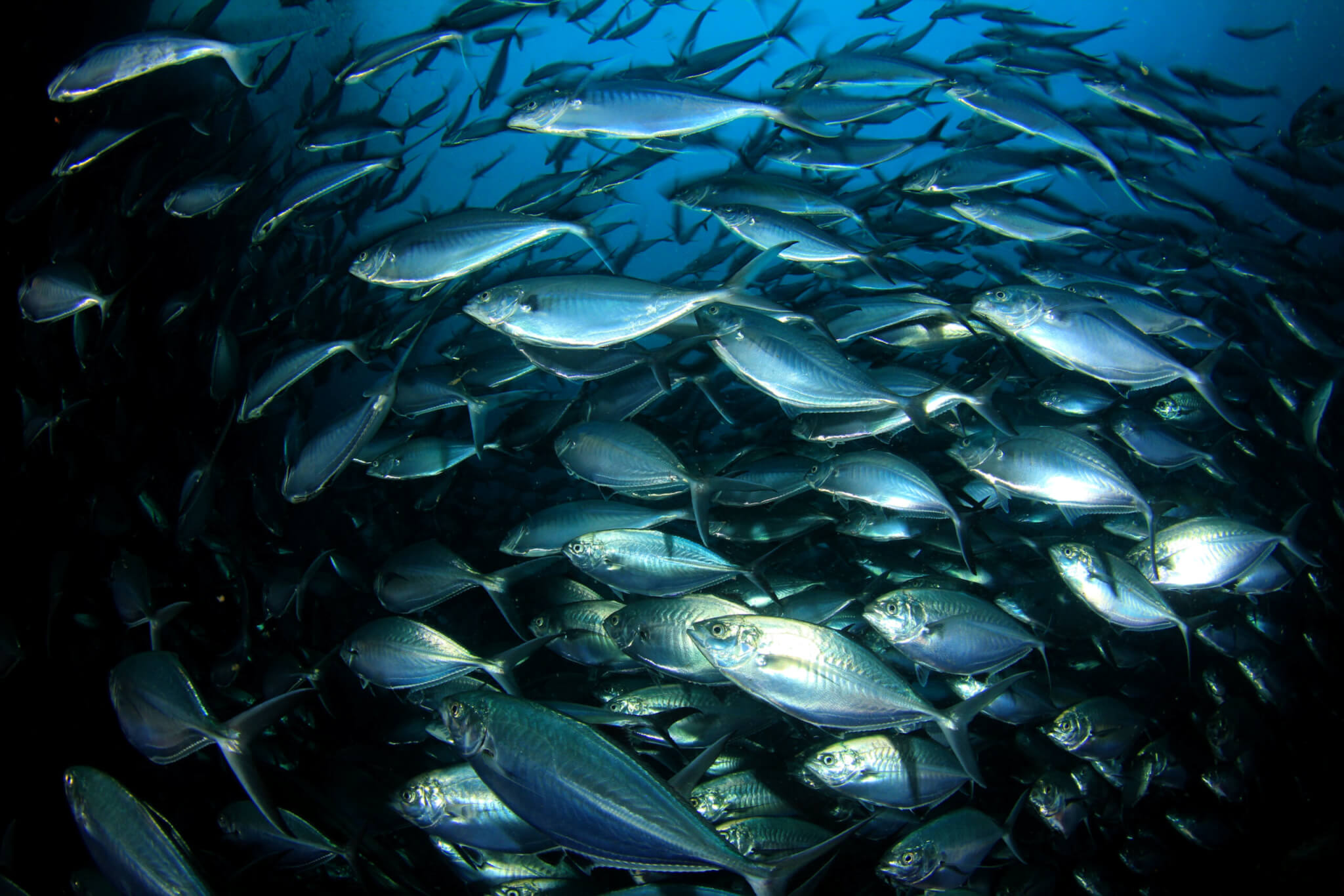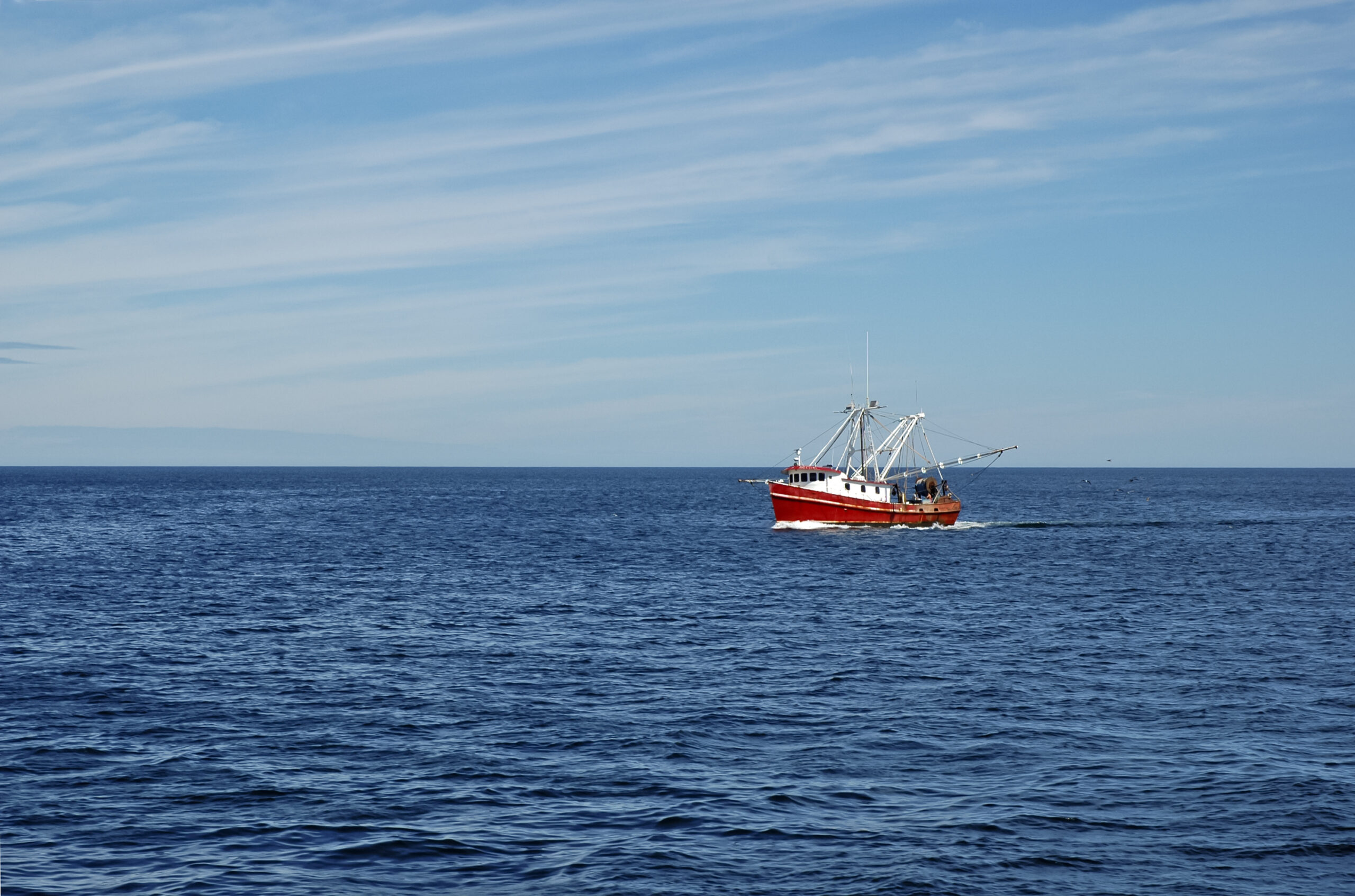
Newest ISSF Participating Tuna Company Compliance Report Shows 99.6 Percent Conformance with ISSF Conservation Measures
The International Seafood Sustainability Foundation (ISSF) has released its seventh annual Update to ISSF Conservation Measures & Commitments Compliance Report, which shows a conformance rate of 99.6 percent by 25 ISSF participating companies with all 32 ISSF conservation measures in effect. Following the remediation period, 22 of 25 companies were fully compliant with 32 measures audited; one major non-conformance in the April 2022 report was upgraded to a minor non-conformance.
As part of its commitment to foster transparency and accountability in the fishing industry, ISSF engages third-party auditor MRAG Americas to assess ISSF participating seafood companies’ compliance with ISSF conservation measures according to a rigorous audit protocol.
Our updated compliance report shows a conformance rate of 99.6% by 25 ISSF participating companies with all 32 ISSF conservation measures in effect. Share on X“The transparent and independent auditing process these companies volunteer to undergo builds a foundation of accountability that makes our conservation measures effective and helps to hold other industry players to high standards,” said ISSF President Susan Jackson. “ISSF participating companies make sustainability a part of their business operations by individually committing to conservation measures, accelerating continuous improvement for the world’s tuna fisheries.”
Two measures were newly in effect for the 2021 audit period, and all 25 companies were in full conformance with them:
- CM 3.7 Transactions with Vessels or Companies with Vessel-Based FAD Management Policies
- CM 9.1 Public Policy on Social and Labor Standards
Details of the Updated Report
The November 2022 report is based on updates to the initial annual audit results published in April 2022, which showed one company had one major non-conformances with conservation measures in the prior year and two companies had one minor non-conformance.
The rate of full conformance for each period since participating-company compliance reporting began is reflected below:
| Annual compliance report | Update to annual compliance report |
| June 2015: 79.8% | No Update report published in 2015 |
| June 2016: 87.2% | November 2016: 95.6% |
| May 2017: 97.5% | November 2017: 100% |
| June 2018: 97% | November 2018: 99% |
| April 2019: 98.5% | November 2019: 99% |
| April 2020: 99.1% | November 2020: 99.4% |
| April 2021: 99.4% | November 2021: 100% |
| April 2022: 99.6% | November 2022: 99.6% |
The Update to ISSF Conservation Measures & Commitments Compliance Report is published each November to track ISSF participating companies’ progress in conforming with ISSF conservation measures like these:
- Demonstrating the ability to trace products from can code or sales invoice to vessel and trip
- Submitting quarterly purchase data by vessel, trip dates, species, size and other data to RFMO scientific bodies
- Transactions only with those longline vessels whose owners have a policy requiring the implementation of best practices for sharks and marine turtles
- Establishing and publishing policies to prohibit shark finning and avoiding transactions with vessels that carry out shark finning
- Conducting transactions only with purse seine vessels whose skippers have received science-based information from ISSF on best practices such as reducing bycatch
- Avoiding transactions with vessels that are on an RFMO Illegal, Unregulated and Unreported (IUU) Fishing list
In addition to the summary compliance reports published in April and November, MRAG Americas issues individual ISSF participating company reports that detail each company’s compliance with the ISSF conservation measures for the year. If applicable, these will include “update” reports, published throughout the year, that explain how individual companies have remediated any non-conformances on the conservation measures.
More Information on ISSF Conservation Measures & Compliance
For long-term tuna sustainability, tuna companies worldwide choose to participate with ISSF, follow responsible fishing practices, and implement science-based conservation measures. From bycatch mitigation to product traceability, ISSF participating companies have committed to conforming to a set of conservation measures and other commitments designed to drive positive change — and to do so transparently through third-party audits.
View ISSF Conservation Measures


